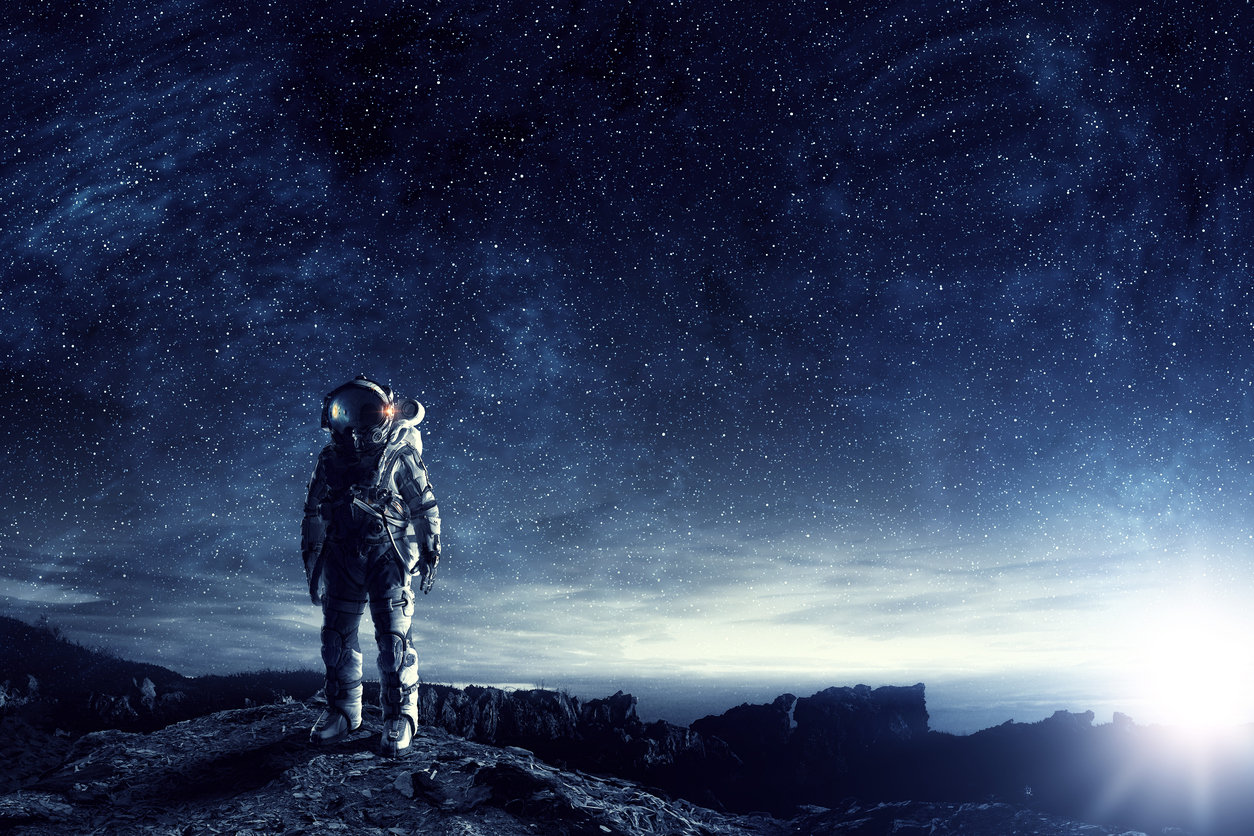New Zealand Space Challenge: How making Antarctic research safer is key for exploring the stars

John Ahearn knows a thing or two about the challenges of working in an extreme environment. After all, he spent two weeks in Antarctica, as part of the University of Canterbury’s postgraduate Antarctic Studies programme. And now, he’s set his sights on helping people out not just when working in Antarctica, but exploring outer space.
This isn’t just some pie-in-the-sky dream, either – in fact, it could very well become a reality, as Ahearn and his Bay of Plenty-based company, GPS Control Systems, are the northern regional winners of the first New Zealand Space Challenge. The mission of the challenge: to come up with innovative new technologies that can help humanity explore the stars.
In short, Ahearn’s company works in the field of machine guidance, which he says is self-steering along a predefined path. This can help reduce stress and fatigue on a driver – which is critical in a place as extreme as Antarctica. “The big problem is crevasses and avoiding them,” he says. “The crevasses down there can swallow a bus quite easily.”
And there are other challenges, too. “It’s not the kind of place you can just get out and go home,” Ahearn says. “A lot of the time you’re on your own.”
Hence machine guidance.
As the northern regional winner, Ahearn will pitch his idea this Thursday at the Extreme Environments: From Antarctica to Space conference in Christchurch. At stake: a $40,000 prize, as well as commercialisation support for the most innovative solutions to enable safer, more efficient exploration.
But before Thursday’s event, Ahearn – as well as Nelson Smith from fellow northern regional finalists Team Danger Zone (from Auckland) and Adrian Tonks of Whangarei-based Engin.Systems, another northern regional finalist – presented at a special showcase event at GridAKL in Auckland’s Wynyard Quarter on Tuesday as part of Techweek 2018.

Space Challenge co-founder Emeline Paat-Dahlstrom says the goal of the Space Challenge is to incentivise a space community in New Zealand, adding Aotearoa is a good place to prototype a new space industry and ecosystem because access to space is becoming easier. In fact, there are now more than 100 different space-related businesses and entities in the Land of the Long White Cloud. Also, the New Zealand Space Agency was founded in April 2016, to provide advice on space policy, regulation and business development.
All this has Paat-Dahlstrom excited for the future. “New Zealand’s isolation is a benefit,” she says. “It is a good place to launch spacecraft and there’s a science and entrepreneurial community.”
Listen to this podcast with retired NASA astronaut Chris Hadfield on space, tech, New Zealand and more:
The 2018 New Zealand Space Challenge is made possible in partnership with SpaceBase and ChristchurchNZ, in collaboration with numerous national and regional partners including the NZ Space Agency, Rocket Lab, GridAKL and ATEED, Callaghan Innovation, Antarctica New Zealand, Christchurch Airport, COMNAP, Centre for Space Science Technology, ARA Institute of Canterbury, GQ Law, and Trimble.

SpaceBase is a social enterprise founded by three Edmund Hillary Fellows with deep knowledge and connections into the global space industry – Emeline Paat-Dahlstrom, Eric Dahlstrom and Rich Bodo. SpaceBase is creating an online collaborative platform to support entrepreneurs in emerging space industries – providing access to training, networking, technical services, and investment opportunities.

Check out more awesome events like this by heading to GridAKL’s site.




